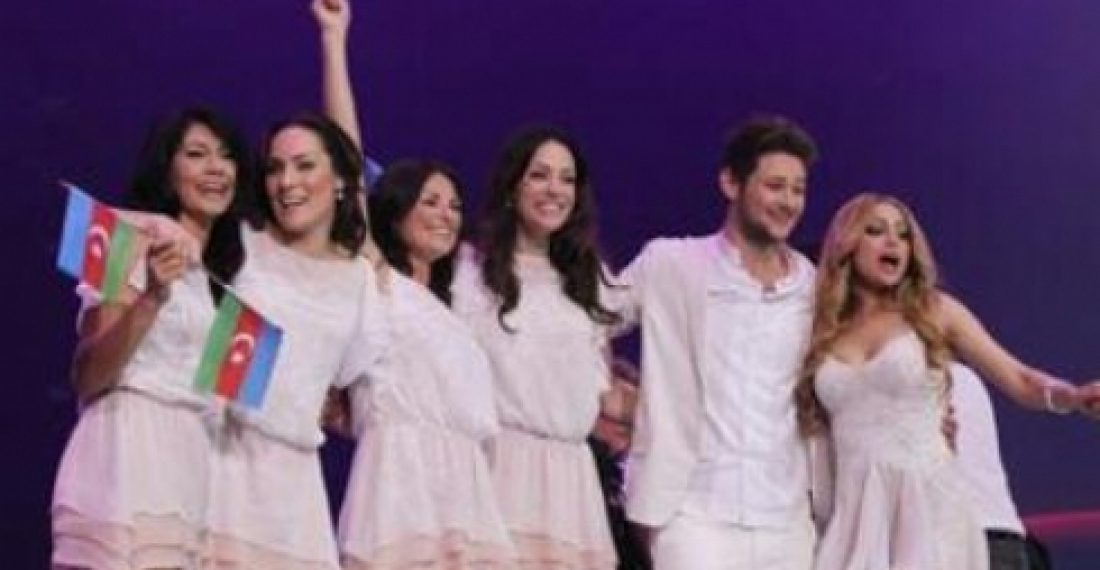The Eurovision Song festival is not taken very seriously in many European countries. Indeed in some countries like Britiain it is treated as a bit of a joke. The Italians refused to participate for many years because they claimed that the festival has no cultural value. But for many of the smaller European countries Eurovision is a good opportunity to fly the flag and show the world the best of their culture. This usually leads to a lot of soul searching. Should one present an entry that reflects the true culture of the country, or does one go with a song that is more mainstream and has more chances of winning. The debate is generally always heated but good humoured and most countries get used to not qualifying or even being voted last, and it is all generally accepted in good humour. As part of their regained European identity the three countries of the South Caucasus now participate in Eurovision. the process of joining the festival was so much easier than the one they had to go through before they were admitted to the Council of Europe but for the man in the street in the Caucasus what happens in Eurovision strikes a cord, whilst what happens in the Council of Europe is a remote event best left to the politicians. This year Azerbaijan and Georgia, qualified to the finals being held tomorrow. Armenia did not. Better luck next time. The Azerbaijani entry "Running Scared" is performed by a duo, Ell and Nikki, otherwise known as Eldar Gasimov and Nigar Jamal. Baku is gripped by Eurovision fever - well that may be a bit of an exaggeration, lets just say people are interested and ready to fly the flag for their contestants. Why shouldn't they? But for God's sake do not take it too seriously!
Source: commonspace.eu editorial team photo: Ell and Nikki, Azerbaijan's entry to the 2011 Eurovision Song festival
Photo: courtesy of news.az






